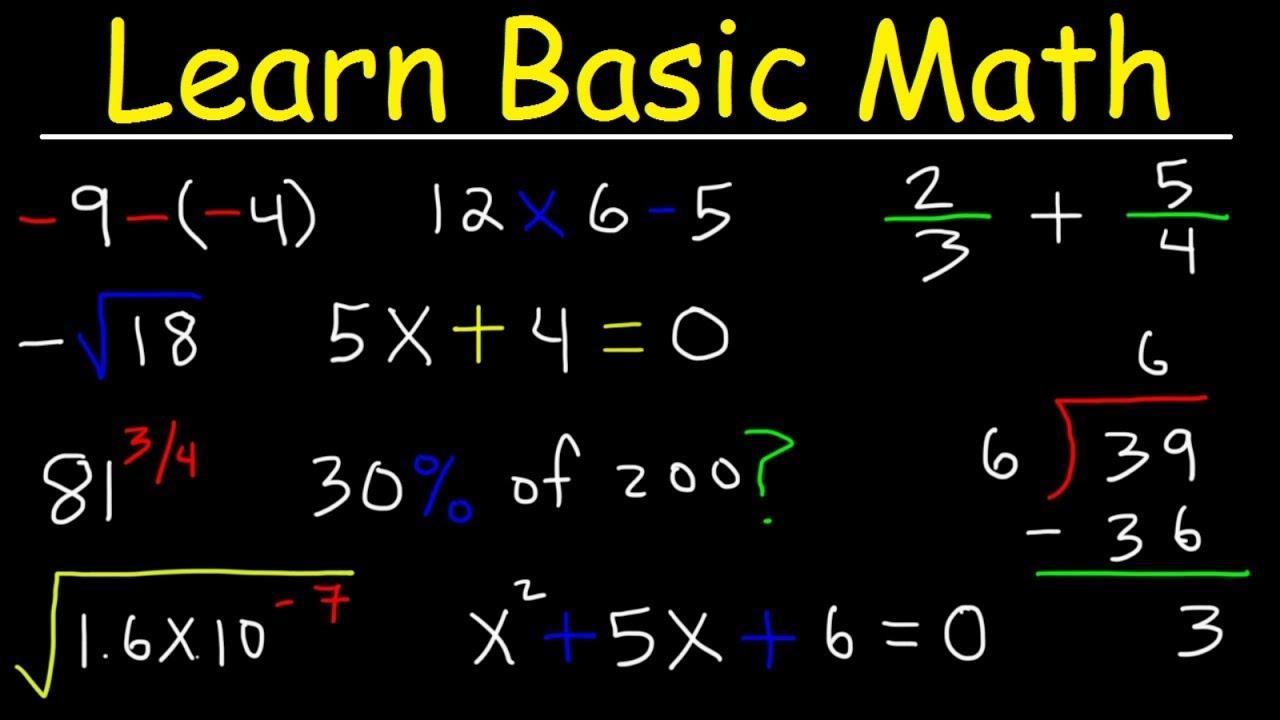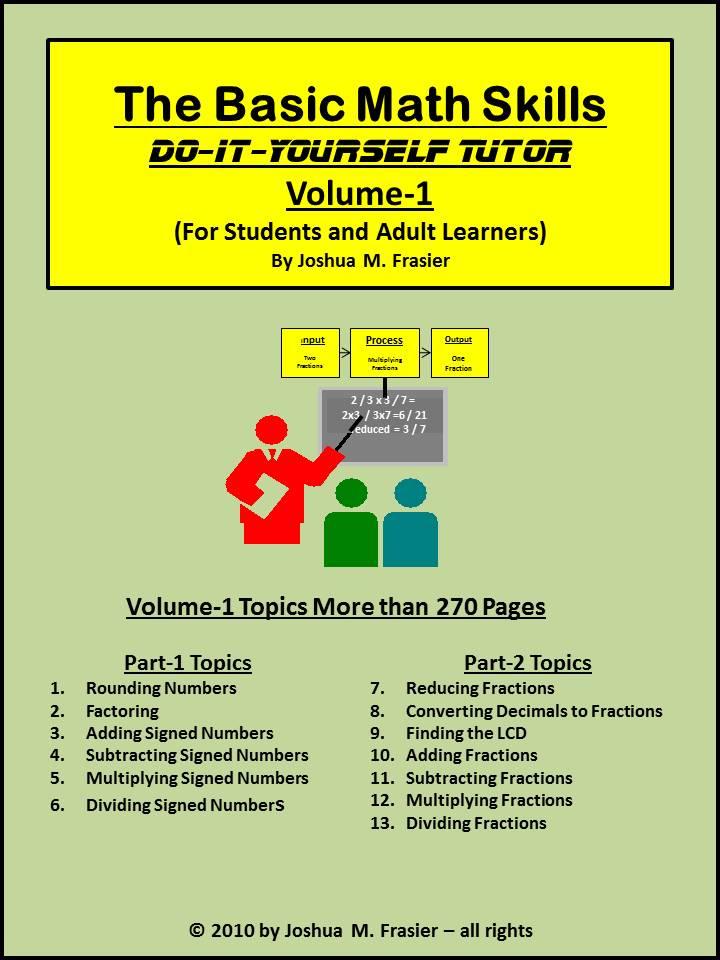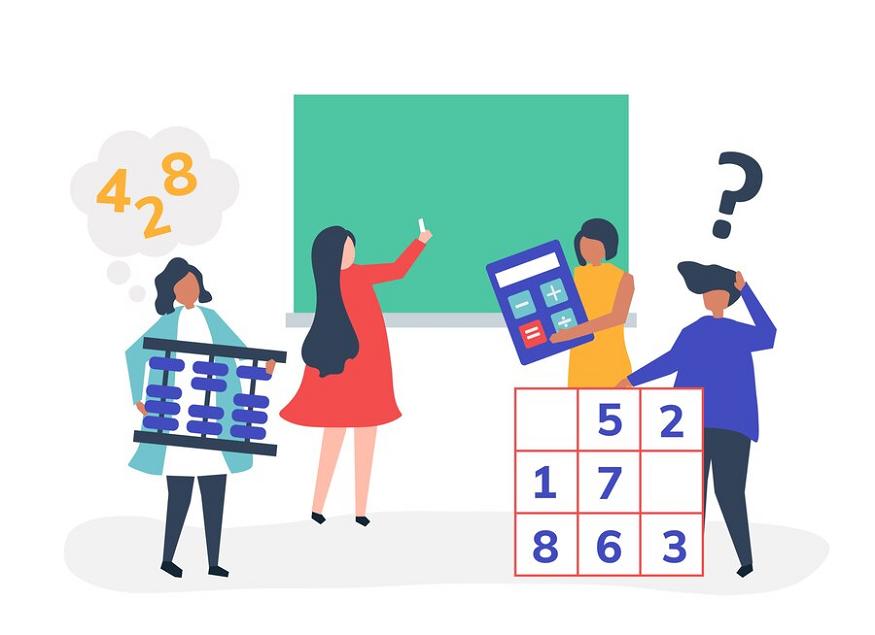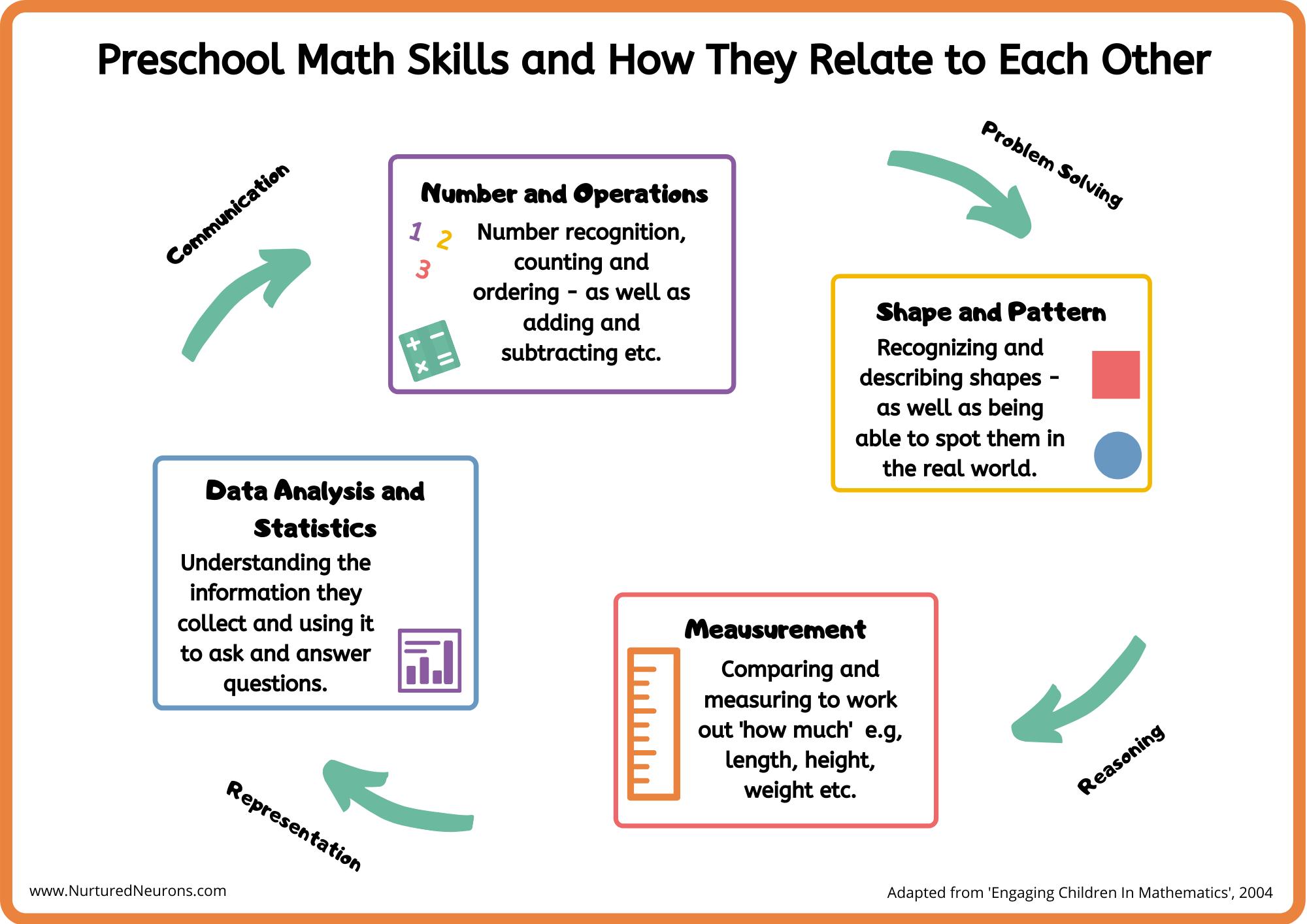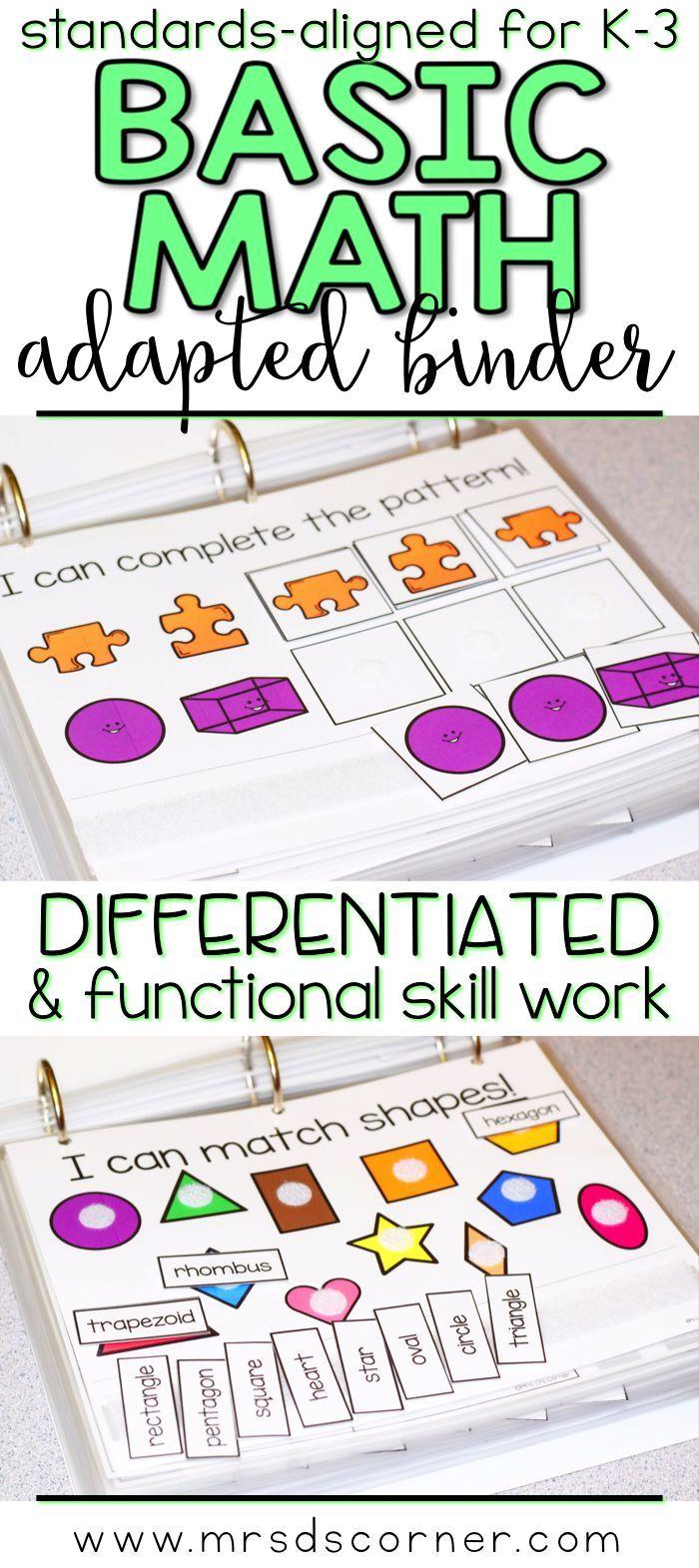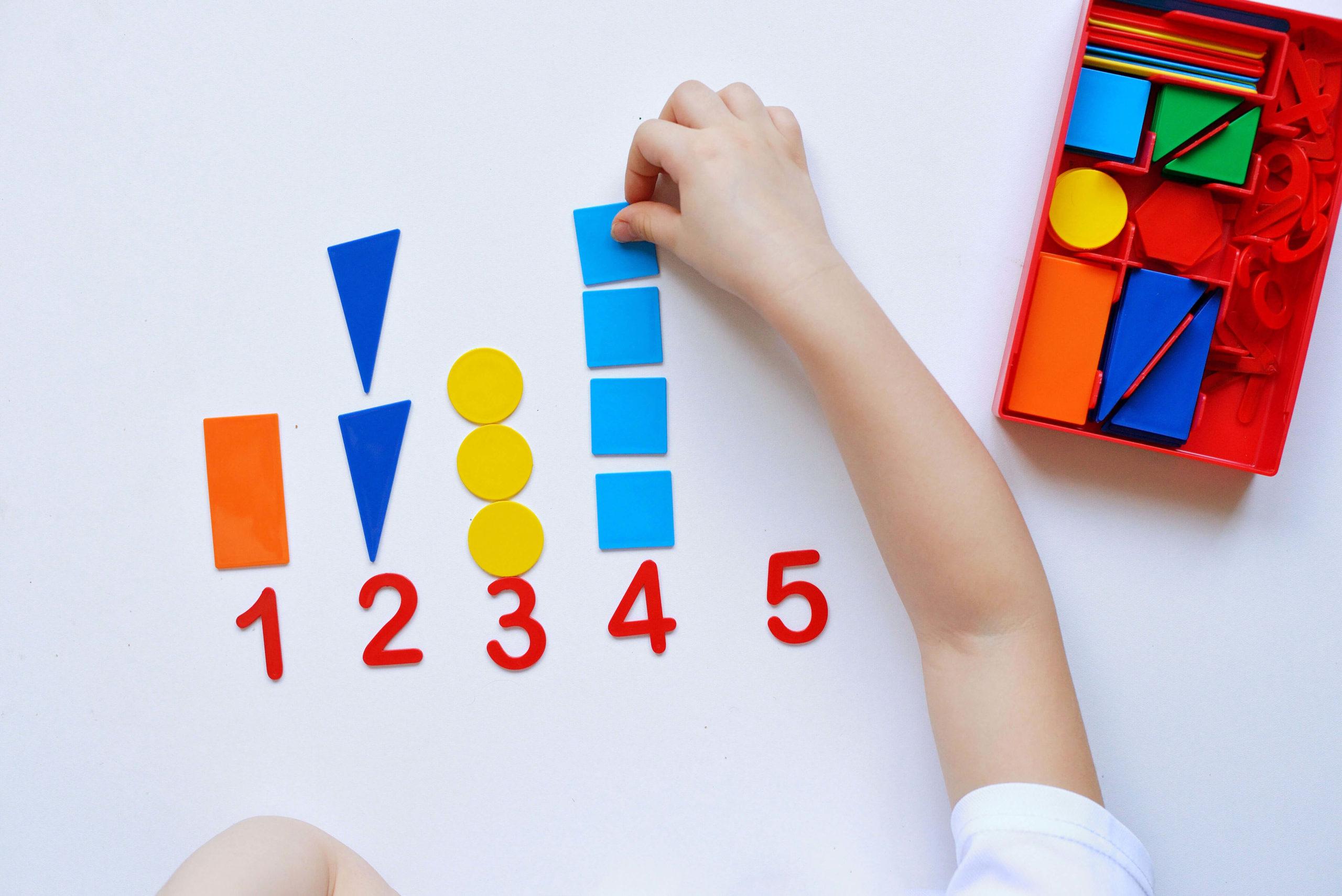
The Brain Workshop! Here are some top ways to improve your child's math skills, backed by research and experts:
1. Make math fun and interactive: Engage your child in math games, puzzles, and activities that make learning math enjoyable and interactive. Examples include math-themed board games, card games, and online resources like Khan Academy Kids.
2. Use real-life examples and stories: Connect math to your child's everyday life by using real-life examples and stories. This helps make math more meaningful and relatable. For instance, you can use money math when shopping or counting blocks to practice spatial awareness.
3. Practice regularly, but don't overdo it: Regular practice helps solidify math concepts, but too much practice can lead to boredom and frustration. Aim for short, frequent practice sessions (10-15 minutes) to keep your child engaged.
4. Use visual aids and manipulatives: Visual aids and manipulatives, such as blocks, counters, and number lines, can help your child understand math concepts better. These tools can also make math more concrete and tangible.
5. Focus on problem-solving and critical thinking: Encourage your child to think critically and solve problems step-by-step. This helps develop their problem-solving skills and builds confidence in math.
6. Use rewards and positive reinforcement: Positive reinforcement and rewards can motivate your child to practice and improve their math skills. Be creative with rewards, such as stickers, stars, or special privileges.
7. Celebrate mistakes and encourage persistence: Mistakes are an essential part of the learning process. Encourage your child to persevere and learn from their mistakes. Celebrate their efforts and progress, even if they don't get it right immediately.
8. Communicate with teachers and educators: Keep open lines of communication with your child's teachers and educators to understand their strengths, weaknesses, and learning preferences. This helps you tailor your approach to their needs.
9. Use online resources and apps: There are many excellent online resources and apps that can supplement your child's math learning. Some popular options include Mathway, Splash Math, and Math Games.
10. Stay calm and patient: Learning math can be challenging for some children. Stay calm, patient, and supportive to help your child feel comfortable and build confidence in math.
11. Use math vocabulary and language: Math has its own vocabulary and language. Encourage your child to use math-related words and phrases, such as "pattern," "sequence," and "equivalent."
12. Make connections to other subjects: Math is interconnected with other subjects, such as science, technology, engineering, and art. Make connections to other subjects to help your child see math as a valuable tool for problem-solving.
13. Encourage self-reflection and goal-setting: Help your child reflect on their math progress and set goals for improvement. This encourages them to take ownership of their learning and develop a growth mindset.
14. Provide feedback, not criticism: When providing feedback, focus on specific skills or concepts rather than criticizing your child's math abilities. Constructive feedback helps them learn and grow.
15. Celebrate math achievements: Celebrate your child's math achievements, no matter how small they may seem. This helps build confidence and motivates them to continue learning and improving.
Remember, every child learns at their own pace, and it's essential to be patient and adapt your approach to their unique needs and learning style. By following these tips, you can help your child develop a strong foundation in math and a lifelong love for learning.
